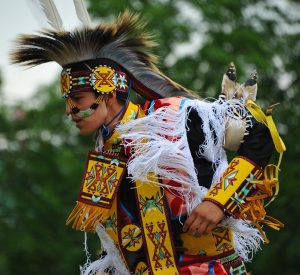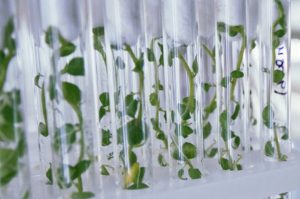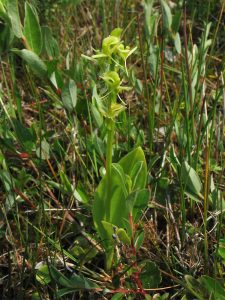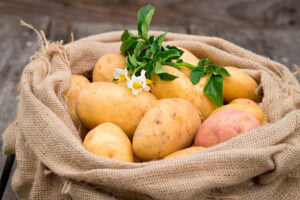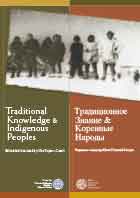The Nagoya Protocol on Access to Genetic Resources and the Fair and Equitable Sharing of Benefits Arising from their Utilization to the Convention on Biological Diversity was developed to realize the 3rd Objective of the UN Convention on Biological Diversity – the fair and equitable sharing of the benefits arising out of the utilization of genetic resources. The Nagoya Protocol is a flexible instrument allowing each country to choose for its national legislation the most appropriate option of a legal framework.
Alongside, there are a number of terms to be complied by the country-Parties to the Nagoya Protocol during the transfer of genetic resources (genetic material of plant, animal, microbial or other origin, containing functional units of heredity and of an actual or potential value):

Grant and obtain access based on the prior informed consent (PIC) of the Party providing genetic resources issued by the Competent National Authority (CNA).
Conclude mutually agreed terms (MAT) of the fair and equitable sharing of benefits arising from the utilization of provided genetic resources, as well as their subsequent uses and commercialization, between the provider country and the user country in the form of particular provisions in the contract or agreement on collaboration.
Ensure that a Competent National Authority of the provider Country issues at the moment of access of a permit or an equivalent document as a form of evidence of the decision made to grant PIC and conclude MAT (hereinafter – “the Permit”).
Inform the ABS Clearing-House for the Convention on Biological Diversity about the transfer of genetic resources by entering the related information to the Database.


